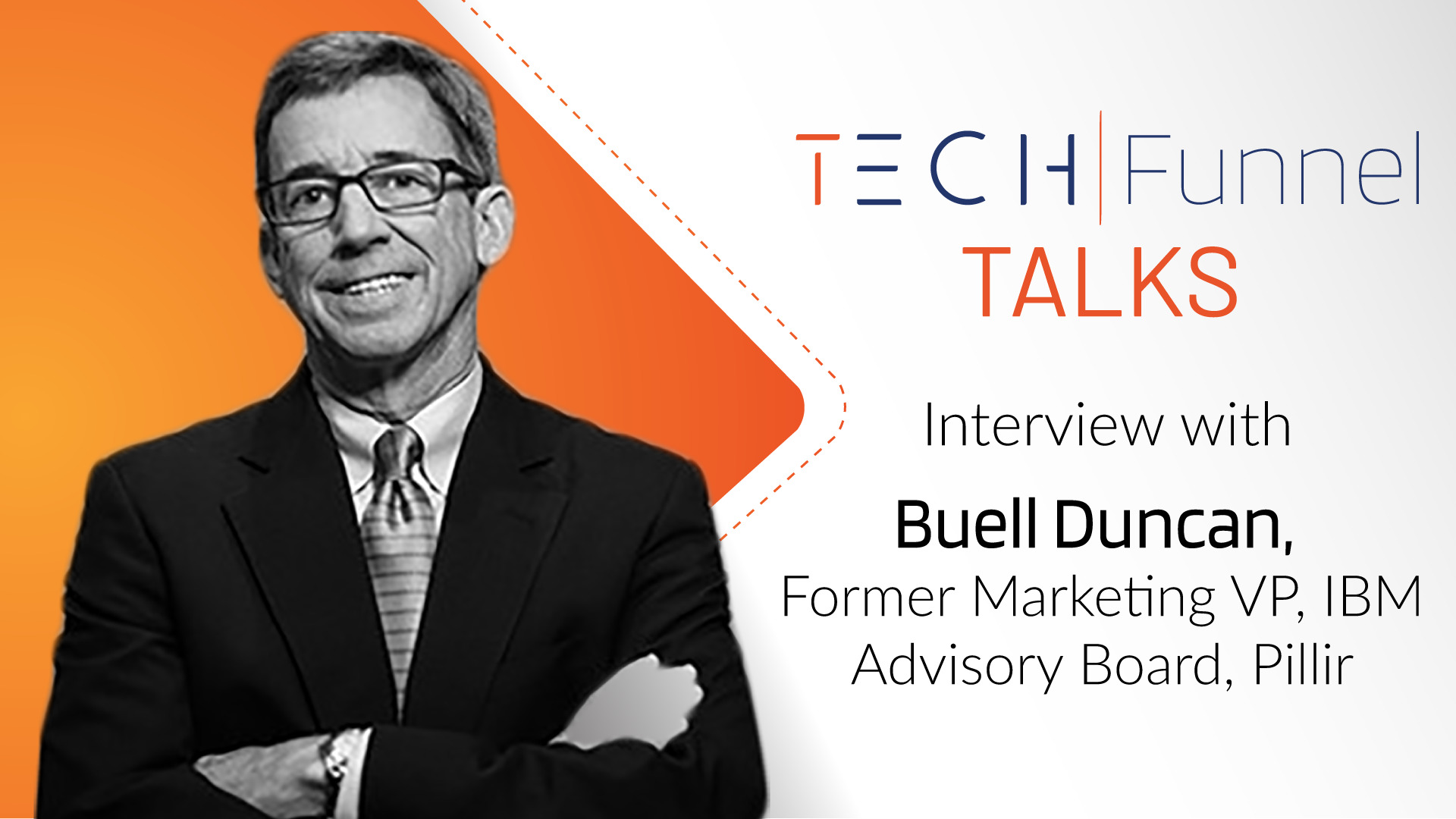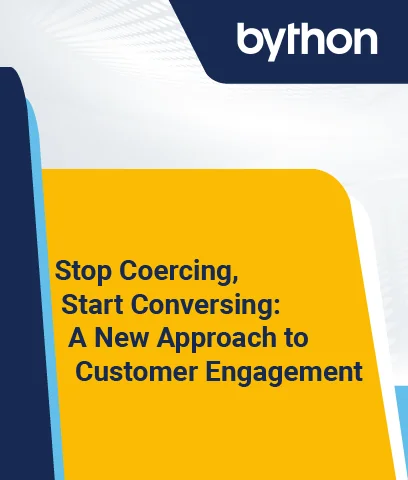Buell Duncan was formerly Vice President of Marketing for IBM’s global software businesses, with four decades of experience in technology and digital transformation. Duncan was a key leader with IBM’s global software business, which encompasses one of the largest providers of cloud infrastructures in the world, and has been working with IBM since the 1980s.
As one of the market’s premier strategic advisors for technology marketing, Duncan offers deep experience in product positioning and partner strategies. Through his long-term immersion in the channel, he has a deep understanding of the challenges faced by MSPs, system integrators, and ISVs working in complicated IT environments. Learn more about Pillir. Connect with Buell here.
In this conversation, Buell Duncan shares his insights on digital transformation, helping companies accelerate the modernization of legacy ERP systems and his role on the advisory board of Pillir.
- TechFunnel: Why do many organizations talk about digital transformation but find it difficult to make progress and achieve it?
Buell Duncan: All companies recognize the advantages of digital transformation or modernizing legacy business processes so they can be cloud-ready. Benefits include much faster time-to-market and lower TCO. The end result is having cloud-based applications that can be accessed online, from any location. The challenge is how to get to this point, when your business is so dependent on highly customized, older systems. In fact, many large enterprises are trying to manage and integrate thousands of applications. It’s a long process that can’t be done all at once—especially with the lack of developer skills in the current market.
- TF: Tell us about your role at Pillir
BD: Pillir recently established a new Advisory Board, and I’ve signed on as one of those advisors. I’m incredibly impressed with the approach they have taken to modernizing mission-critical ERP applications. Utilizing low-code development to address the complex technical debt at these large companies is a genuine breakthrough. My mission is to get this news to as many of these companies as possible, to help speed digital transformation at the enterprise level. After being at IBM for so long, I’ve seen first-hand how companies are struggling with these complicated IT environments.
- TF: What is “technical debt” and how can organizations avoid it?
BD: Technical debt comes in time to almost all enterprise organizations that have accumulated years’, if not decades’ worth of upgrades to custom software environments. It creates overwrought IT environments that have become brittle, prohibitively expensive, and labor-intensive to maintain. That’s technical debt. Although it’s a challenge to avoid, companies can alleviate it by using low-code computing, which automates key parts of this laborious integration process, making the task of modernizing their environments much more manageable and cost-effective.
- TF: How does Pillir help organizations accelerate the modernization of legacy ERP workloads?
BD: Supported by a broad partner ecosystem of global systems integrators, Pillir is delivering huge benefits to its clientele, a large number of which use SAP enterprise resource planning software, or other solutions like Microsoft Dynamics and Oracle. Pillir’s EdgeReady Cloud is a low-code, rapid application development platform that automatically converts 40 to 70 percent of custom code to more modernized programming. By doing so, it lowers migration costs by up to 30 percent. It dramatically improves time to value, business, and developer productivity. The development of new business applications can be achieved up to 20 times faster.
- TF: In what ways does Pillir reduce barriers to innovation often posed by overly complex legacy systems?
BD: As much as companies would like to snap their fingers and say, “Today I’m on-premises, but tomorrow I’ll be modernized and, in the cloud,” it just doesn’t work like that in the enterprise space. Their environments are far too complex to convert all at once These companies are being pressured to migrate all their systems simultaneously, which is highly prohibitive. Their legacy applications have been upgraded and changed too many times to be able to simply strip down and redesign for the cloud without monumental costs and risk.
- TF: What is the outcome of organizations that move toward modernization and adoption of a cloud-based infrastructure?
BD: Pillir automates the integration in this development process, providing a tool to more rapidly transform critical workloads. This also creates a way for companies to bite off chunks of this work, so to speak, and prioritize the elements of their businesses, identifying which departments most urgently need to be modernized first. They can proceed incrementally, as opposed to being dependent on rewriting everything.
That brings exceptional value to enterprises. As these companies adopt cloud-based infrastructures, their employees can access information via the cloud, enter data online, and access platforms from off-site locations or from their mobile devices. Information can be inputted in real-time via the cloud, instead of being transported physically across different locations throughout the company.
Paper-based systems and on-prem applications are no longer only accessible from specific workstations in-house, and sometimes even have to literally be walked from place to place in order to share that data with different departments or locations.
- TF: Any final thoughts for IT leaders to consider when it comes to cloud adoption and ERP readiness?
BD: I’ve had the privilege of working for multiple decades in IBM’s software and systems businesses. I’ve never seen an approach that can help accelerate the transformation and deliver these results! We want IT leaders to know about it.







